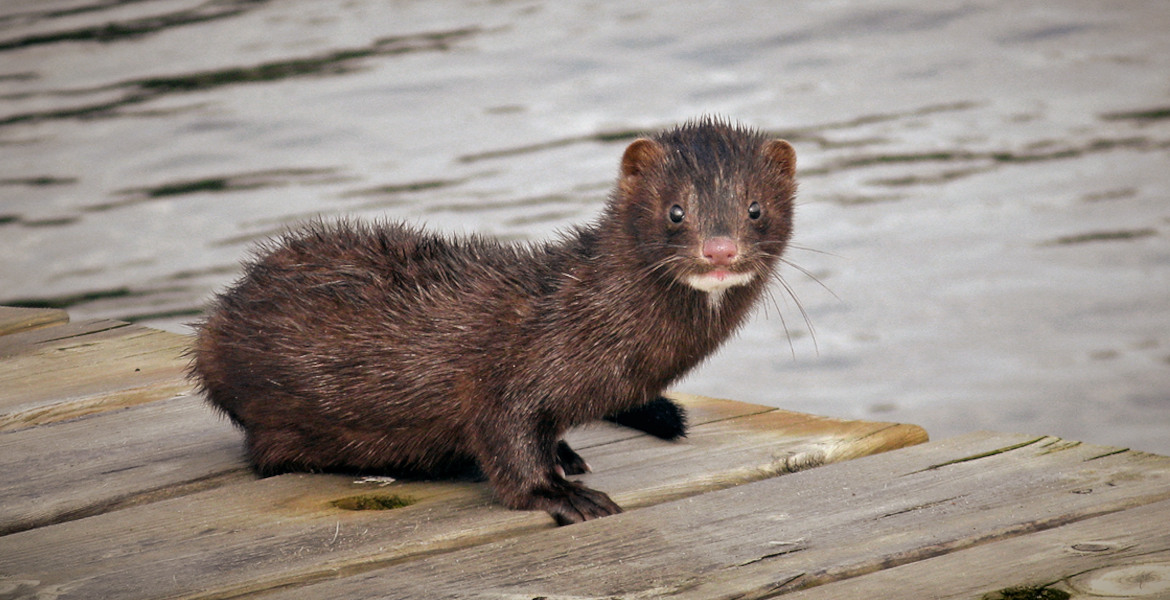During the UN meeting in South Korea last week, there were high hopes for a new global agreement to reduce the world’s plastic pollution. However, this never materialized and the World Wide Fund for Nature (WWF) considers the outcome as “deplorable” and “a major failure”.
“The world missed a historic opportunity to stop the growing plastic pollution that threatens animals, ecosystems and human health. WWF considers it a major failure that countries at the UN meeting could not agree on a globally binding plastics agreement”, it writes in a press release.
It points out that a large majority of UN member states wanted to see far-reaching measures “that science has shown can stop plastic pollution” – but that a few countries opposed this and stopped the plans.
– It is regrettable that the negotiations did not result in a binding agreement, which is needed to save our planet from drowning in plastic, said Inger Näslund, senior ocean expert at WWF.
The organization points out that it has been over 1000 days since UN countries agreed to establish a legally binding treaty to stop plastic pollution in oceans and on land, and that 800 million tonnes of plastic have been produced since then alone, with over 30 million tonnes leaking into the oceans, harming animals and poisoning ecosystems.
“No intention of finding a solution”
WWF has previously urged countries to vote instead of settling for a watered-down agreement if a consensus could not be reached, but this was not the case, and major oil producer Saudi Arabia was one of several countries that opposed calls to reduce plastic production.
– For too long, a small minority of states have held the negotiation process hostage. It is abundantly clear that these countries have no intention of finding a meaningful solution to this crisis and yet they continue to prevent the large majority of states who do, said Eirik Lindebjerg of WWF International, who followed the negotiations on the ground in Busan.
– In 2025, we want to see countries come to the negotiating table again, but then ready to take the necessary decisions to end plastic pollution, emphasizes Inger Näslund.
Trillions of pieces of plastic debris
Although it is well documented that large parts of the world’s waterways are currently littered with plastic waste, it is still difficult to get a clear picture of the extent of the problem.
According to National Geographic’s estimate, there are around 5.3 trillion pieces of plastic debris floating in the world’s oceans – and in addition to what is on the surface, around four billion plastic microfibers per square kilometer litter the deep sea, threatening a large number of species.
The big problem with plastic waste is not just that it takes a long time to break down. Instead, once it disappears “in plain sight”, it leaves behind tiny microplastic particles that remain in nature and in the oceans for hundreds of years – and are taken up by the species that live there, including fish species that are then consumed by humans.








